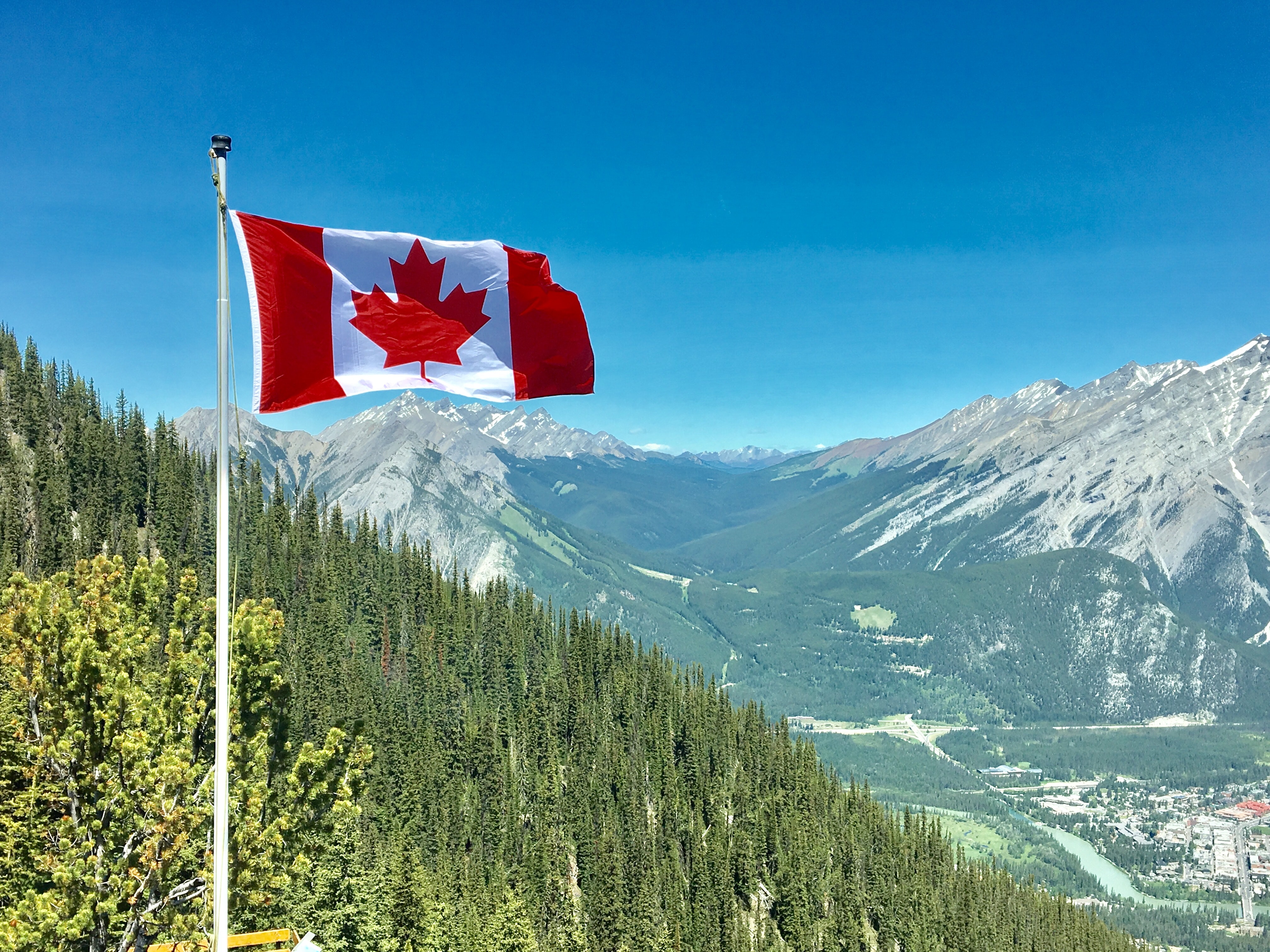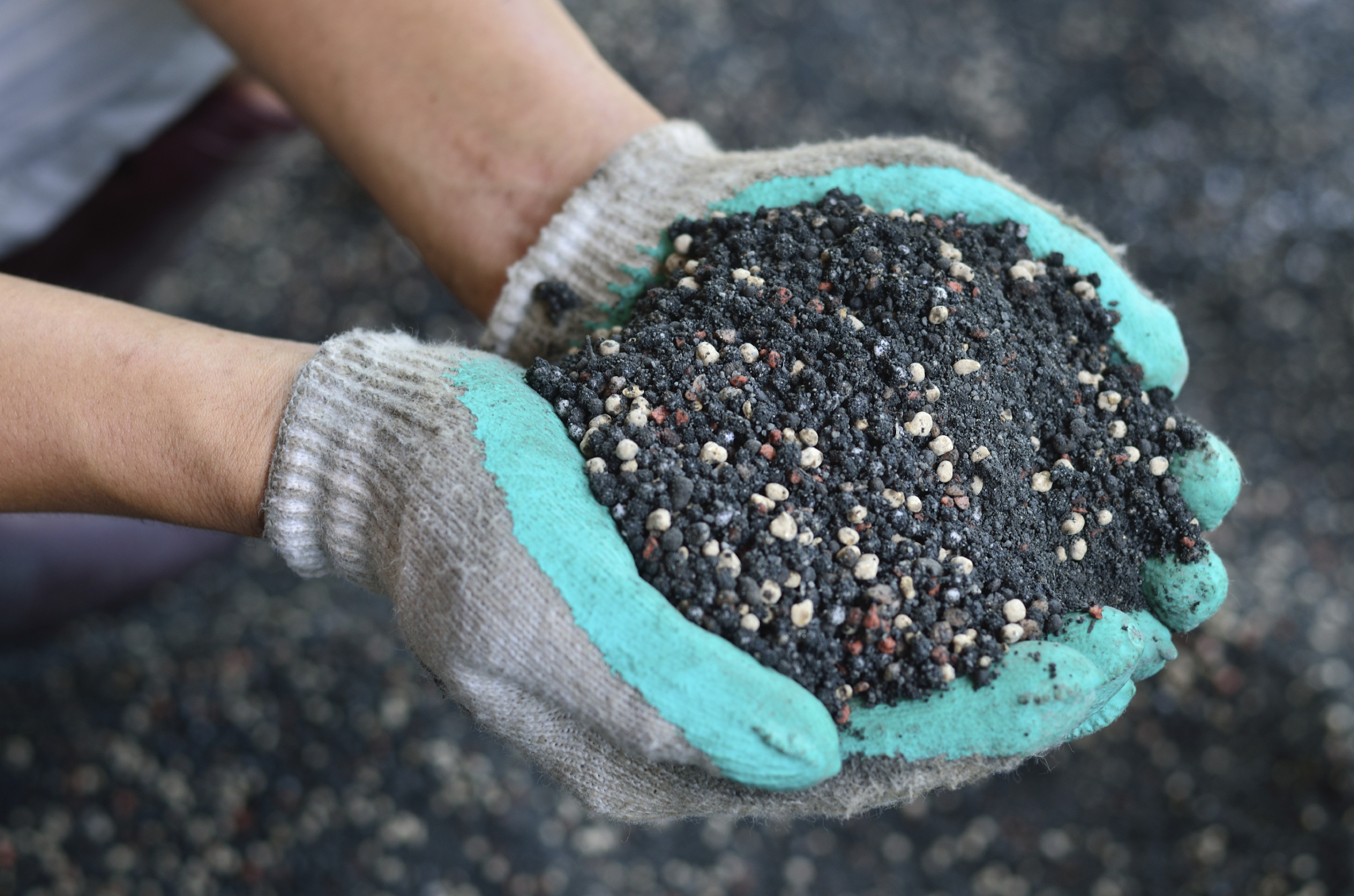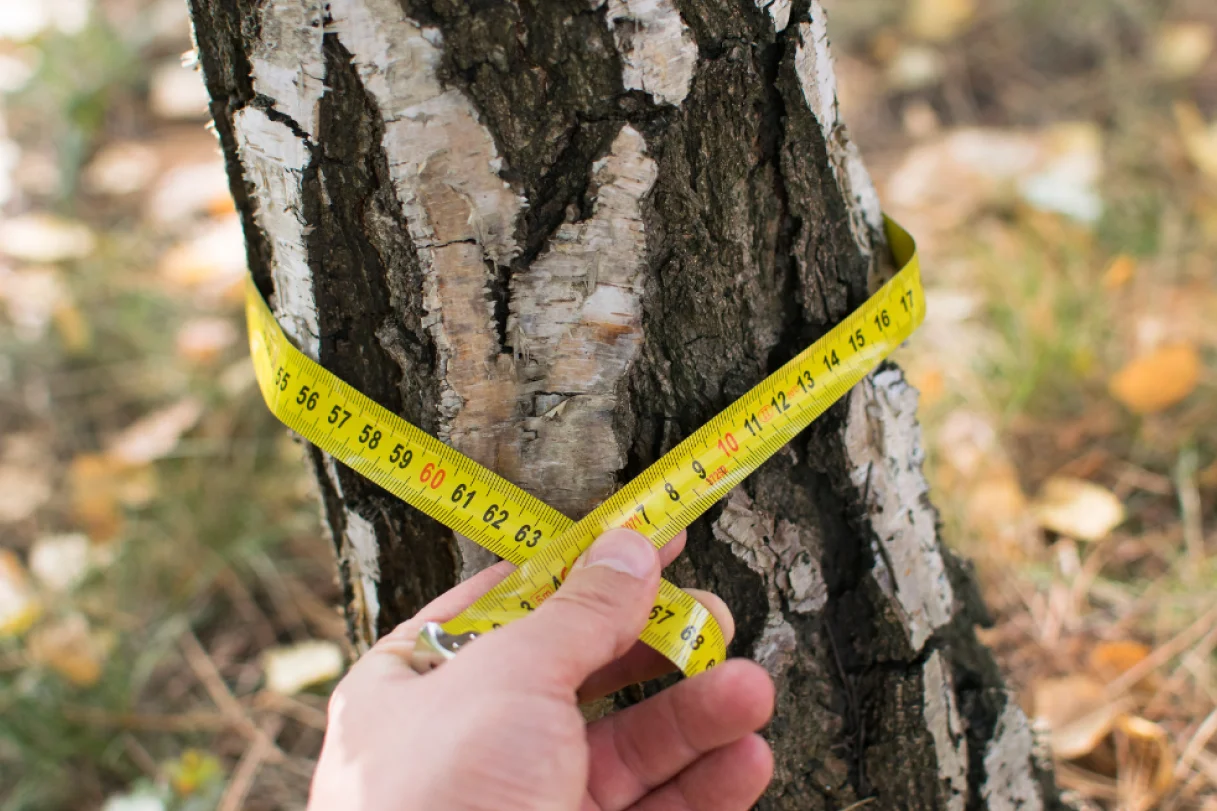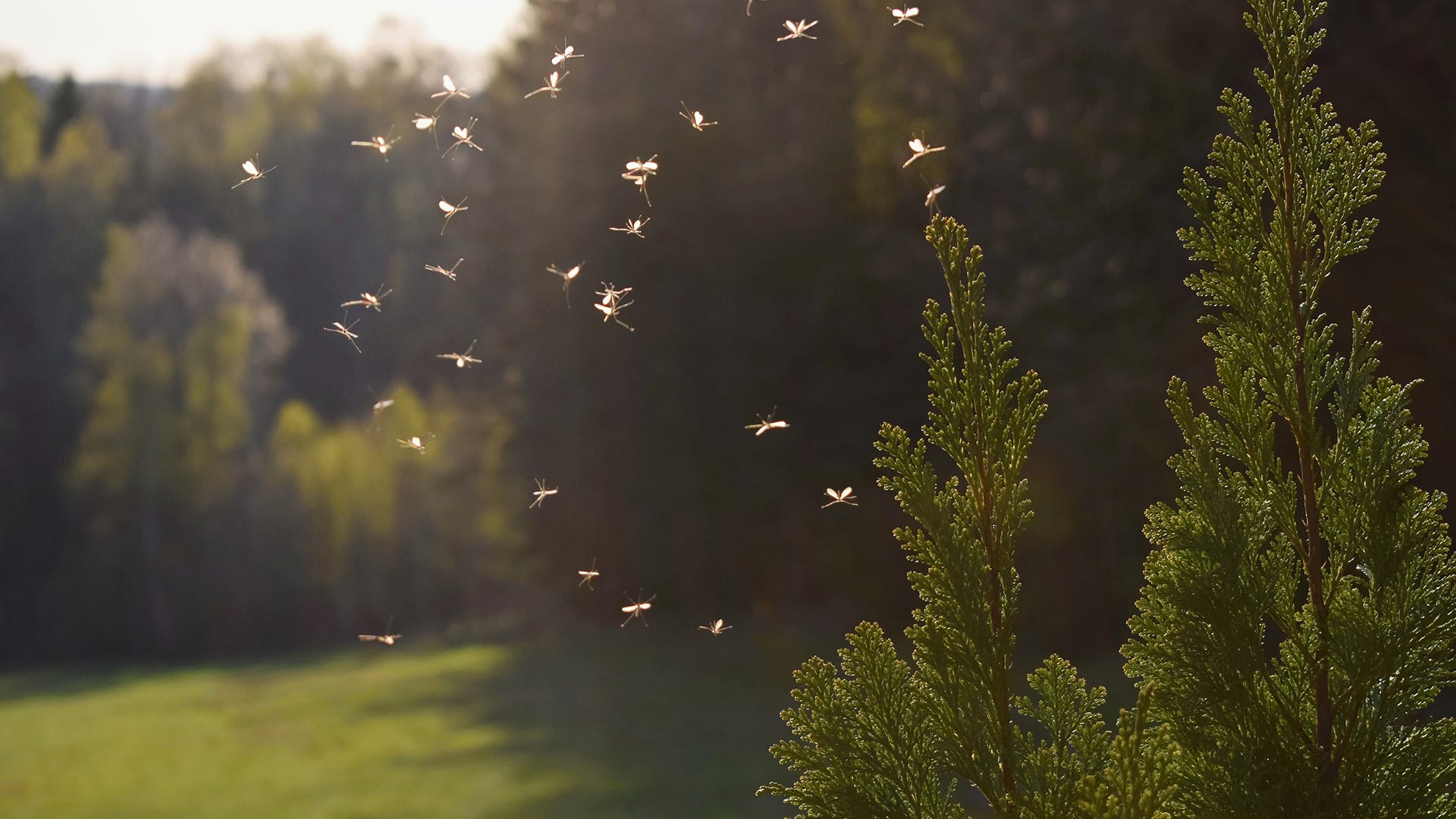When you think about tree care you may tend to focus on the parts of the tree that can be seen. The trunk and branches, but what about the roots? Sometimes we can see those too, the one big thing that you may not consider when thinking about your tree’s health is the soil.
In rural areas and forests, the soil is, for the most part, undisturbed. This allows for a more natural development of nutrients, minerals, organisms, and its overall structure with plenty of space for air and water to comfortably travel. In urban areas, there is much more traffic, which compacts the soil and removes many of the benefits that trees require to flourish.

So the next question is what can you do to help your trees? While you can’t change the type of soil your trees reside in, you can help by having your soil fertilized. The first step is to have an arborist visit and review the health of your tree.
A Tree Doctor arborist will be able to do a full soil analysis and discuss what your trees need. They will be able to tell you more about your trees six basic properties of soil structure, texture, pH, density, organic matter, and nutrients. Each of these factors influences the fertility and growth of your trees. Let's take a closer look at these six properties.

When we say structure, we refer to the soil arrangement, shape, and size. Each of these factors is formed and adjusted by root growth, free/thaw cycles, soil organisms, and of course foot traffic above ground. An arborist will be focusing on the number of macropores and micropores. Each of these is important as this is where both air and water are stored for the tree roots usage. Density goes along with the structure as it references the compaction of the soil. Urban soils tend to be higher density and tightly compacted, which tends to remove the macro and micropores.
The texture of the soil refers to the amounts of sand, silt, and clay. This composition determines how well the soil holds water and how well your tree will thrive. When an arborist looks at pH they are seeing the amount of acidity versus alkalinity as this affects the number of nutrients available and the types of organisms that can survive in the soil surrounding the roots. Keeping organisms within the soil is of the utmost importance as this helps to reduce the amount of organic matter. When comparing forest soils with urban soils, we see there is less inorganic matter within.
With a full examination, an arborist will be able to determine the best fertilizer mix for your soil to ensure adequate amounts of nutrients and minerals, while avoiding any damage to your tree.
Are you in need of tree health care services in the city of Toronto? Give us a call: (416) 201-8000! Our highly experienced fully equipped and certified Toronto arborists are always looking forward to helping you with any of your tree care needs!











